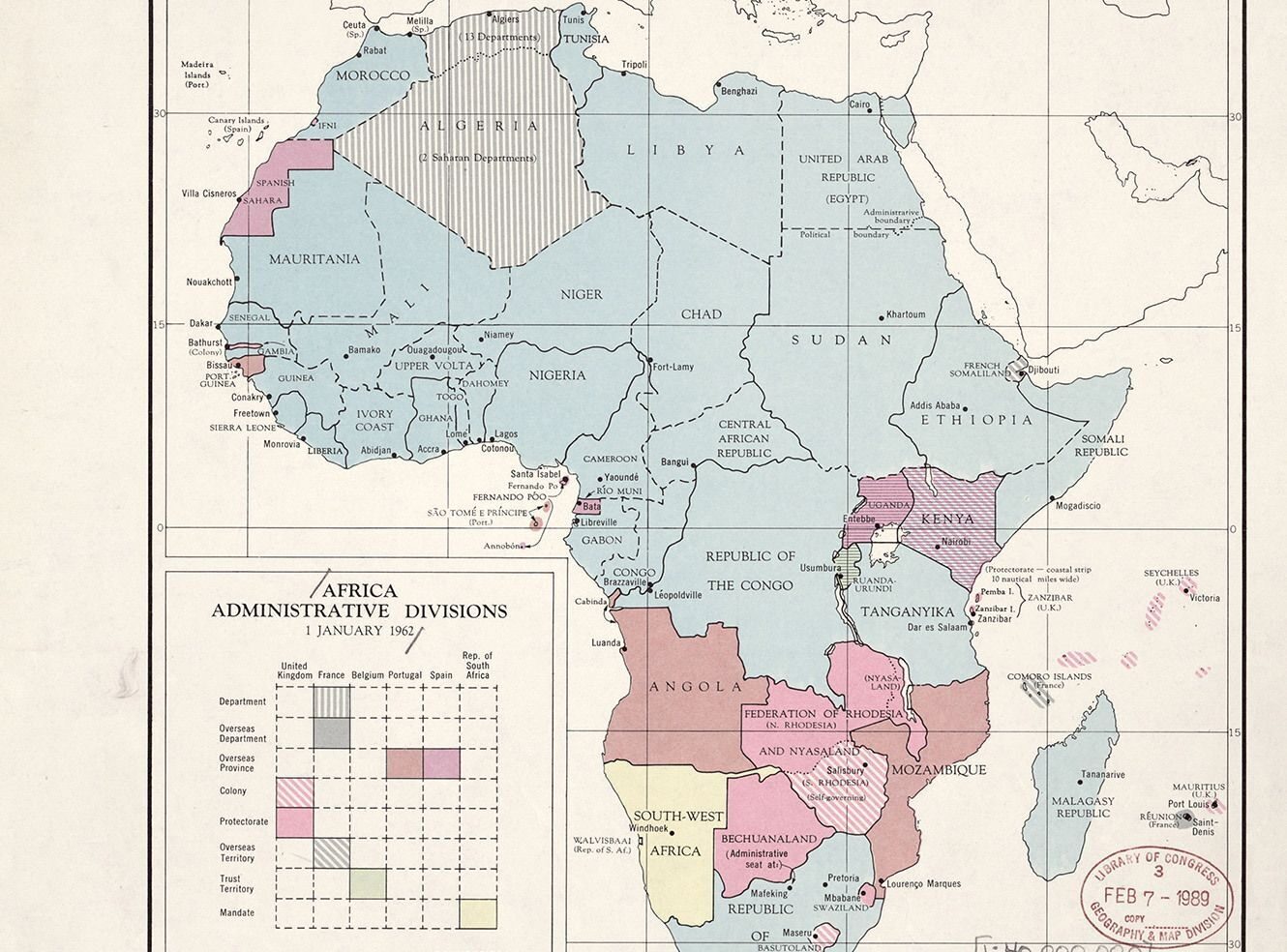Exploring a century of media with AM’s collection, Girlhood: Magazines and Print Culture
AM is pleased to announce the publication of module I of Girlhood: Magazines and Print Culture, a digital primary source collection that traces how girls and young women were represented through a century of print media.
Spanning publications from the late nineteenth to the late twentieth century, this resource brings together a visual array of magazines, annuals, comics, and periodicals from the UK, the United States, and Australia. Titles range from The Girl’s Own Paper of the 1880s to Sassy in the 1990s, illustrating how ideas about femininity, adolescence, and modernity evolved across the decades.
This era was marked by substantial changes for girls and young women, with continually evolving societal expectations regarding their roles driven by significant social, cultural, and political transformations. Developments in educational access and reform, the ongoing struggle for women’s equality, major economic shifts, and technological advancements collectively had a profound impact on the ways in which girls were expected to behave and conform to gender norms.
The materials within the resource provide invaluable insights into these forces that shaped experiences of girlhood, how publications both inspired and restricted their readers, and how young women engaged with, and sometimes resisted, the expectations placed upon them. Letters, editorials, advertisements, and illustrated features reveal both the public narratives and the private voices that defined experiences.
For researchers across disciplines from media and women’s studies, to advertising and education, Girlhood: Magazines and Print Culture offers an unparalleled foundation for examining the intersections of gender, media, and society through primary sources.
Recent posts

American Committee on Africa, module II highlights the organisation's activism against apartheid and for African democracy between 1981-2001. Featuring correspondence, reports, and media, it underscores ACOA’s impact and AM’s partnership with the Amistad Research Center.

